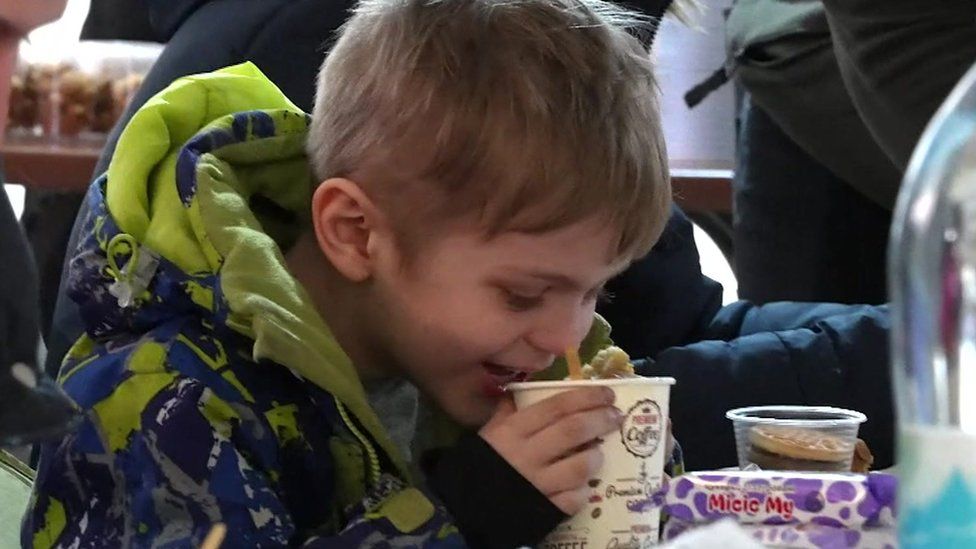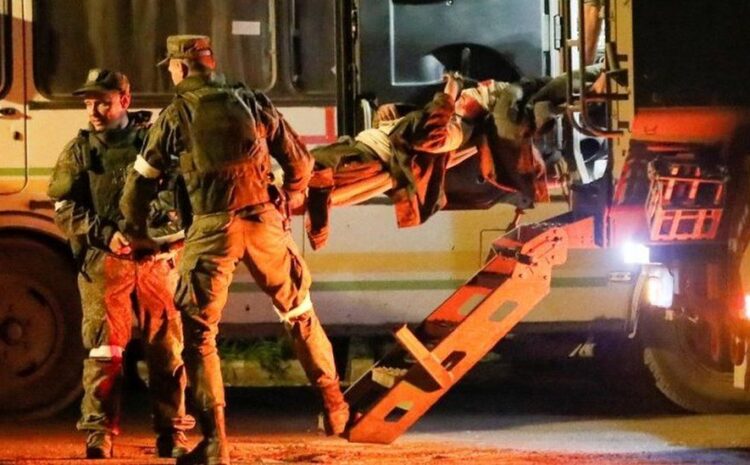
REUTERS Image caption, Pictures have emerged purportedly showing injured Ukrainian soldiers arriving in Novoazovsk, a town held by Russian-backed rebels
By Yaroslav Lukov & Matt Murphy
BBC News
Deputy Defence Minister Hanna Maliar said 53 badly wounded soldiers were taken to the town of Novoazovsk, held by Russian-backed rebels.
She said another 211 were evacuated using a humanitarian corridor to Olenivka – also a rebel-held town.
Russia earlier said a deal had been reached to evacuate the injured troops.
About a dozen buses carrying Ukrainian fighters who were holed up beneath the besieged plant were seen leaving the huge industrial site in the southern port city on Monday evening, Reuters news agency reported.
Russian state-run media outlets also posted footage of what they say were injured Ukrainian soldiers being evacuated from Azovstal.
In his video address after midnight local time on Tuesday, Ukrainian President Volodymyr Zelensky said that Ukrainian military, intelligence and negotiating teams, as well as the Red Cross and the UN were involved in the evacuation operation.
However, he cautioned that the Ukrainian troops may not be freed immediately and warned that negotiations over their release will require “delicacy and time”.
Ukrainian MP Lesia Vasylenko told the BBC it is essential that the deal struck with Russia, with the help of the Red Cross and the UN, goes through and the soldiers are exchanged. Otherwise, she said, “the fate of these very brave men will be absolutely unknown and will be in Russian hands, which is far far from an ideal situation”.
On Tuesday, Russian President Vladimir Putin said Ukrainian soldiers evacuated from the steel plant will be treated “in line with the relevant international laws”.
Hundreds of Ukrainian soldiers – Marines, the National Guard – including the Azov regiment – border guards, police and territorial defence units – as well as a number of civilians with young children have been holed up at the site since advancing Russian troops encircled the southern city in early March.
The sprawling four-square mile complex is a maze of tunnels designed to survive a nuclear war.
Last month Mr Putin called off a planned assault on the site, citing fears of high Russian casualties. But heavy bombardment continued virtually non-stop, Ukrainian commanders have said.
Earlier this month, dozens of civilians were evacuated from Mariupol to both Russia-controlled and Ukraine-controlled territory after weeks under siege.
It was not immediately clear how many people still remain in underground bunkers.
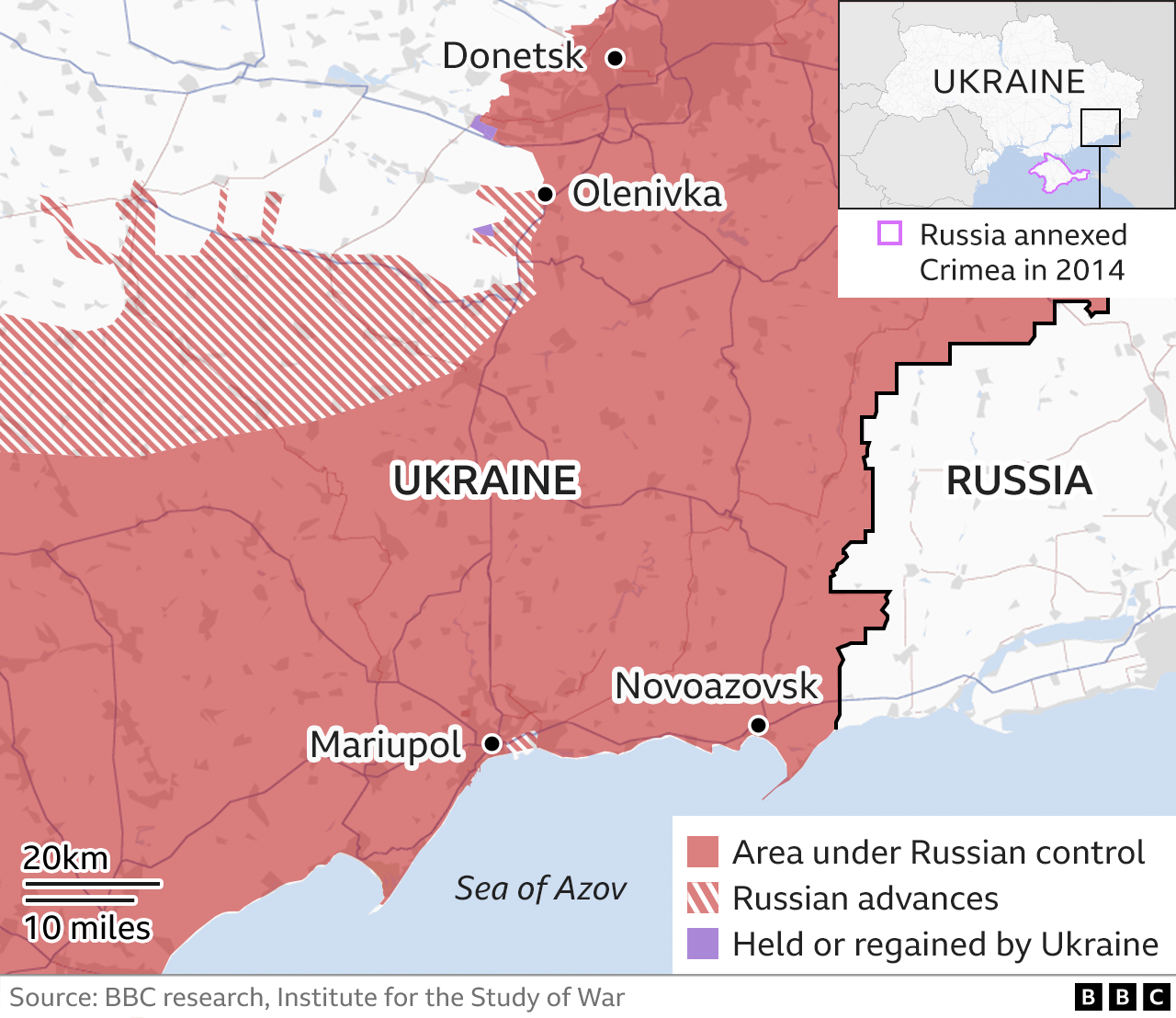
Ms Maliar, Ukraine’s deputy defence minister, said Ukraine’s military, intelligence, National Guard and Border Service were “carrying out joint efforts to save” those left behind.
In a message posted to Facebook on Monday night, Ukraine’s General Staff called the troops “heroes of our time” and said their efforts had helped Kyiv organise the defence of its southern flank.
“Maintaining their positions at Azovstal, they did not allow the opponent to shift the grouping of up to 17 battalion tactical groups (about 20,000 personnel) to other directions. Thereby hindered the implementation of the plan for the rapid capture of Zaporizhzhia,” military chiefs said in the post.
Meanwhile, the Azov regiment, a National Guard unit which once had links to the far right, appeared to confirm that its fighters had agreed in a social media post to lay down their arms.
The group’s commander, Lt Col Denys Prokopenko said his priority was saving “as many lives of personnel as possible”.
-
The Mariupol street strewn with bodies
28 April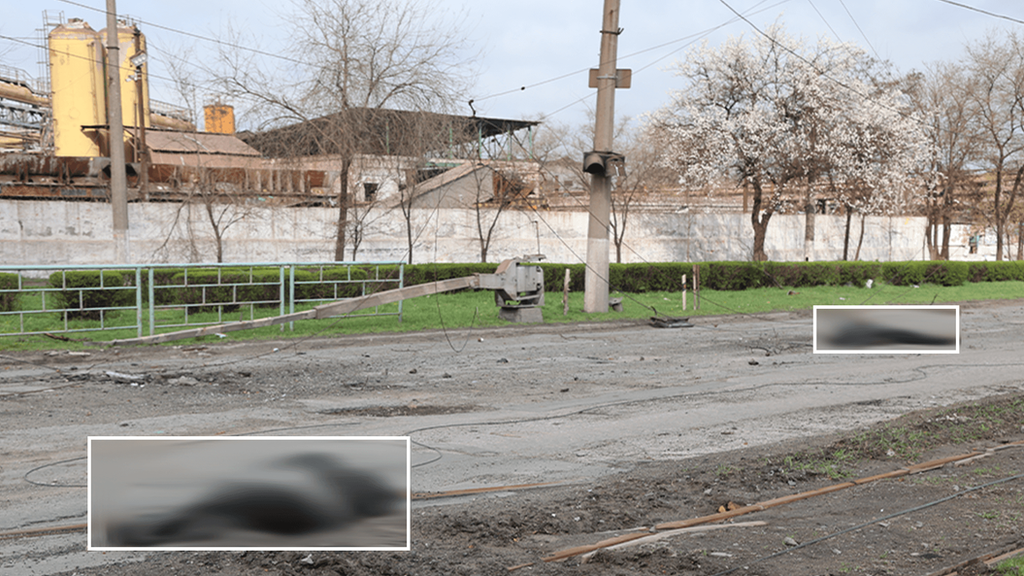
-
Mariupol: ‘We have wounded and dead inside the bunkers’
21 April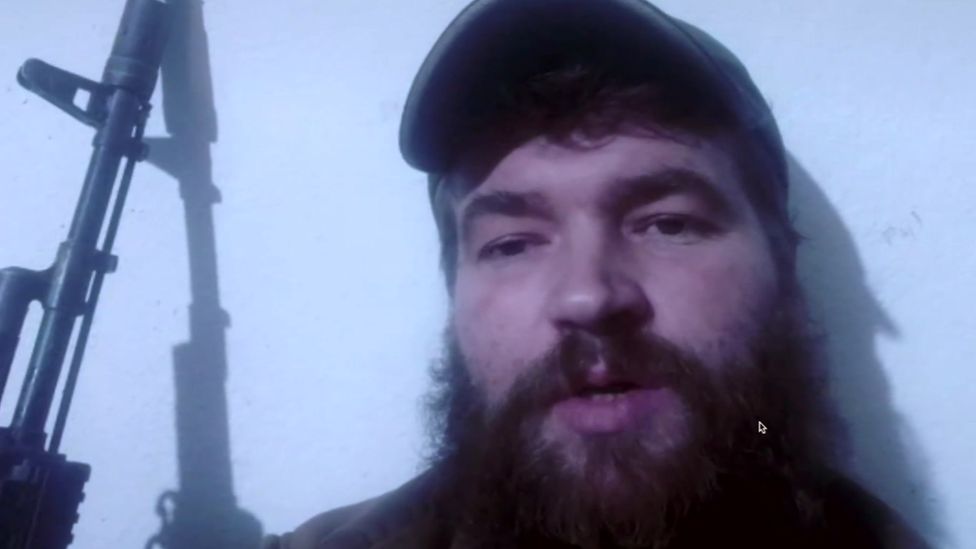
-
Mariupol steelworks evacuees reach safety
4 May